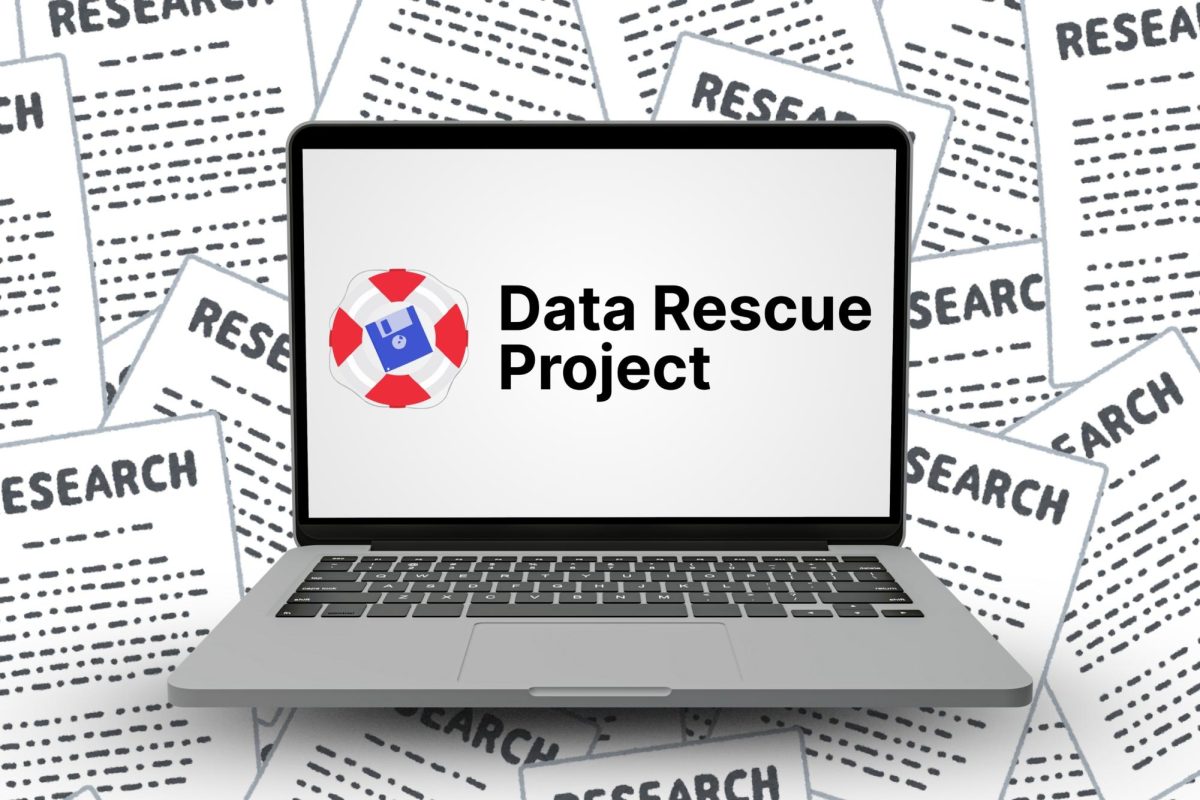To the average person, “data recovery” might sound like something best left to hackers in basements or thriller movies. But in an age when public information is quietly vanishing from government websites, some organizations are mobilizing the public to help safeguard it.
In collaboration with the Data Rescue Project, Northwestern Libraries hosted an event Thursday afternoon to teach the NU community how to identify, capture and preserve federal data at risk of deletion or alteration. About 40 students, faculty and staff joined both via Zoom and in-person.
“(Government agencies) collect data — about the population, about business, about all sorts of things — and that is all gathered at public expense using taxpayer dollars,” said Government Information Librarian Anne Zald. “So there are laws, especially in the more recent years, ensuring that data is publicly accessible by the citizens so that they can inform themselves about policy, about programs or do research to pursue their academic or personal interests.”
Since President Donald Trump’s return to office in January, he has signed a number of executive orders aimed at dismantling diversity, equity and inclusion initiatives. In response, many agencies have removed data sets, fact sheets and other resources from their websites.
Lynda Kellam, an organizer at the Data Rescue Project, said some website changes are typical during presidential transitions, but that this moment feels different. Certain data sets are being targeted directly, she said, either because they don’t align with the administration’s concerns or because the agencies managing them have been dismantled.
Data relating to DEI, climate, international aid, health and education is especially at risk, Metadata Librarian Jamie Carlstone said.
Concerned about losing this information for good, academic data librarians with the Data Rescue Project have been working to recover data from recently deleted websites and identify what might be targeted next. The organization has partnered with schools and other groups around the country to recruit volunteers at rescue events.
At Thursday’s event, each volunteer claimed a data set that had either been preemptively flagged or retroactively found using the Wayback Machine, a web archive tool. Participants then downloaded all related files and documentation and uploaded them into DataLumos — an Inter-university Consortium for Political and Social Research archive for government data — where they filled out information like the agency source, a summary of the data and the time period it covered.
Kellam said individuals can get involved through the organization’s website or other groups.
“This data encompasses everything,” Kellam said. “Even if you don’t realize it, it underlies so much of how we know ourselves. So much of the news we read, the things we see, any kind of informational source, chances are, has public data underlying it in some way. That’s the real concern, that we will not have a picture of who our community is.”
Email: [email protected]
X: @NaomiTaxay
Related Stories:
— Data removal from government websites concerning scientists, including NU researchers
— Office for Research follows other Northwestern websites in taking down DEI page







